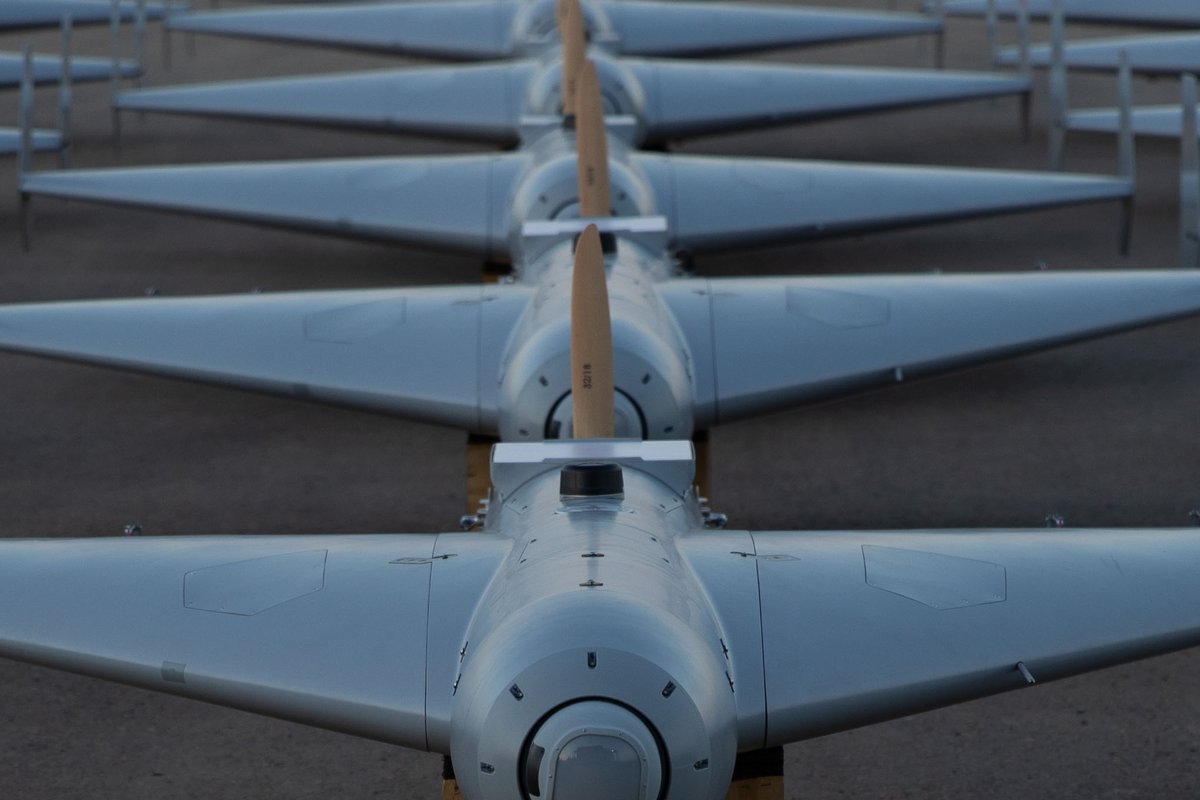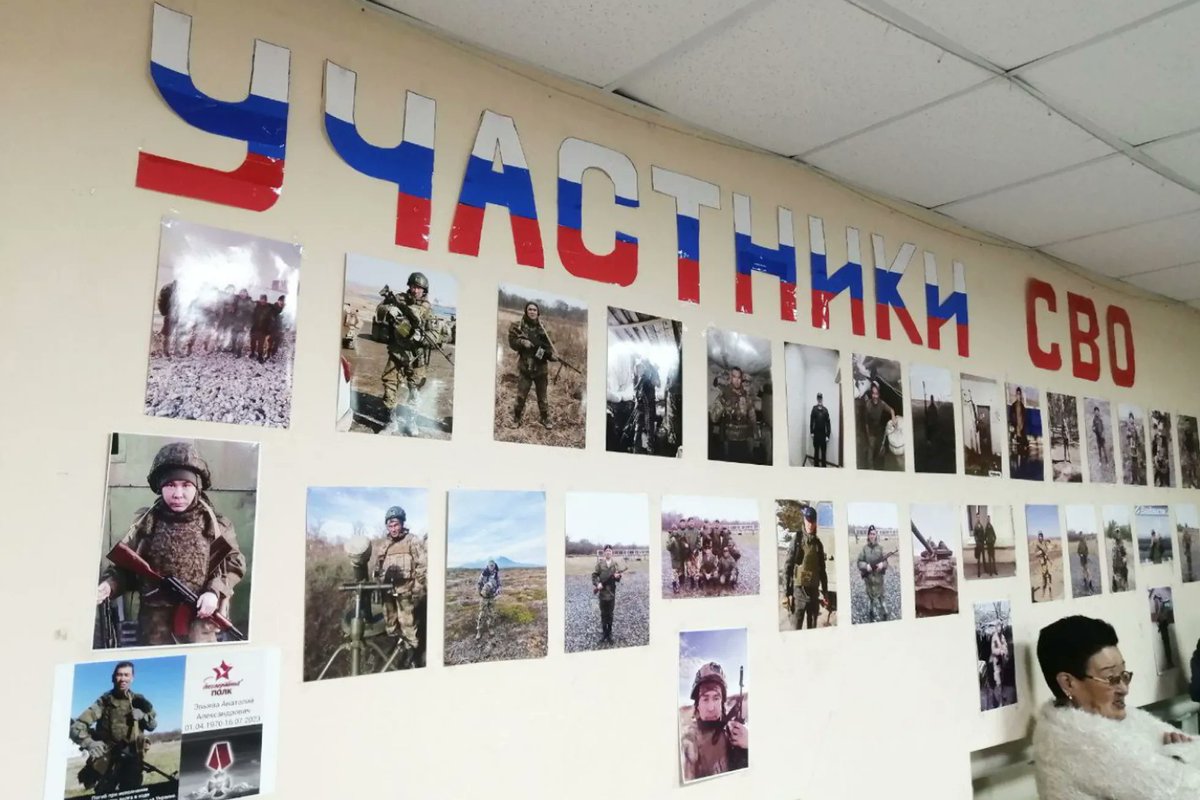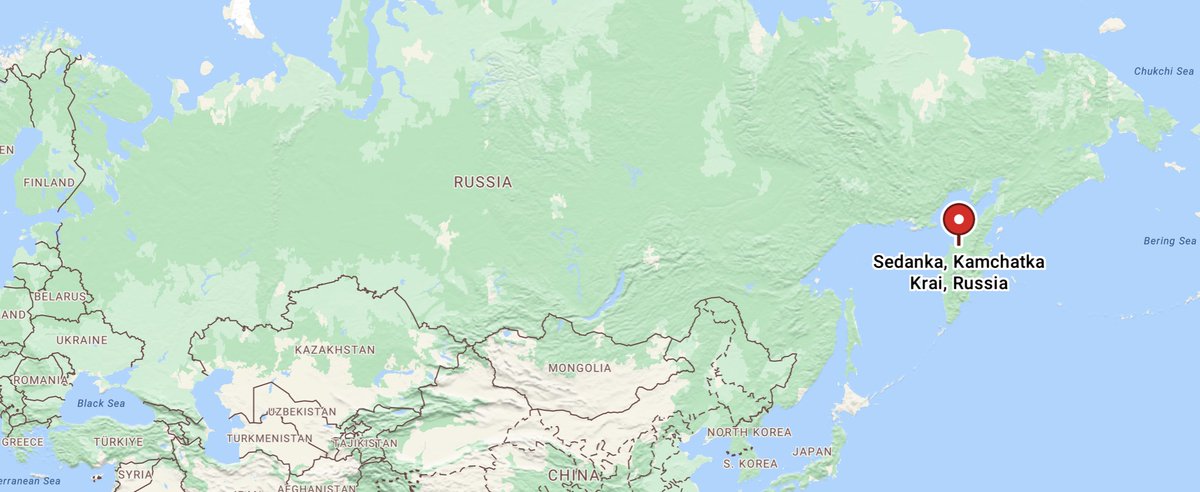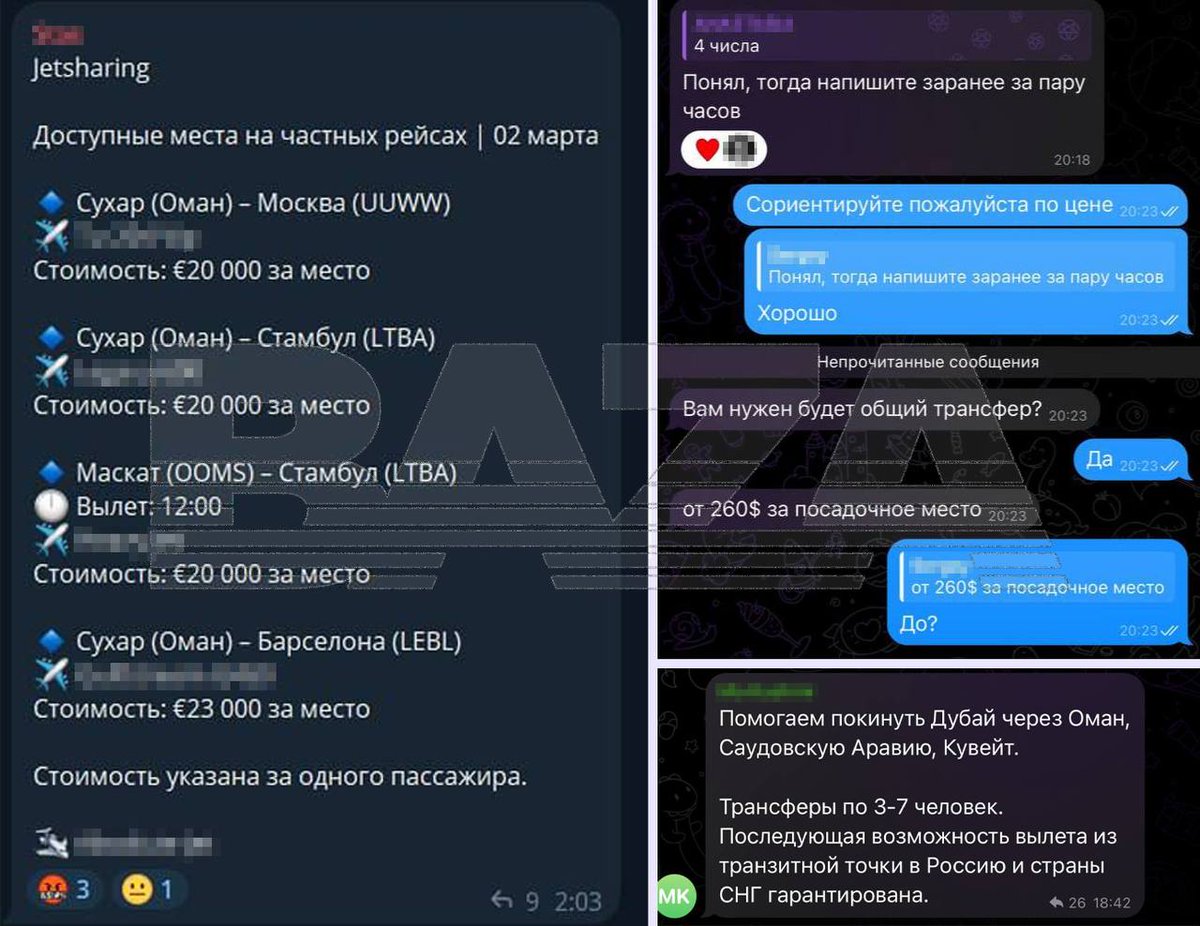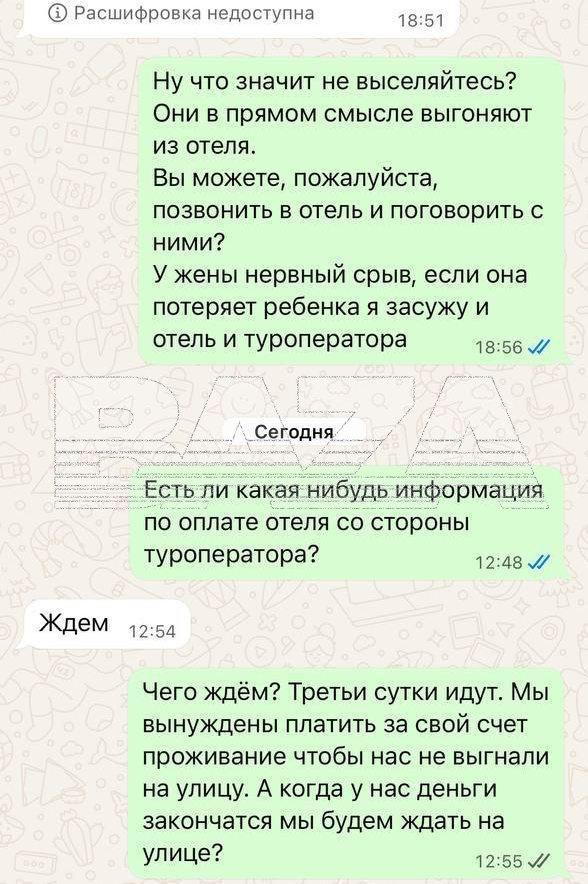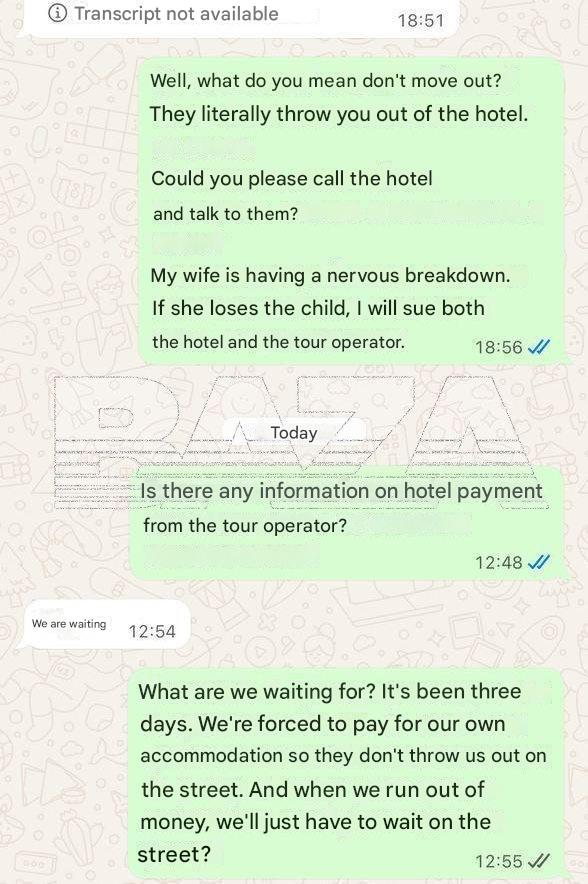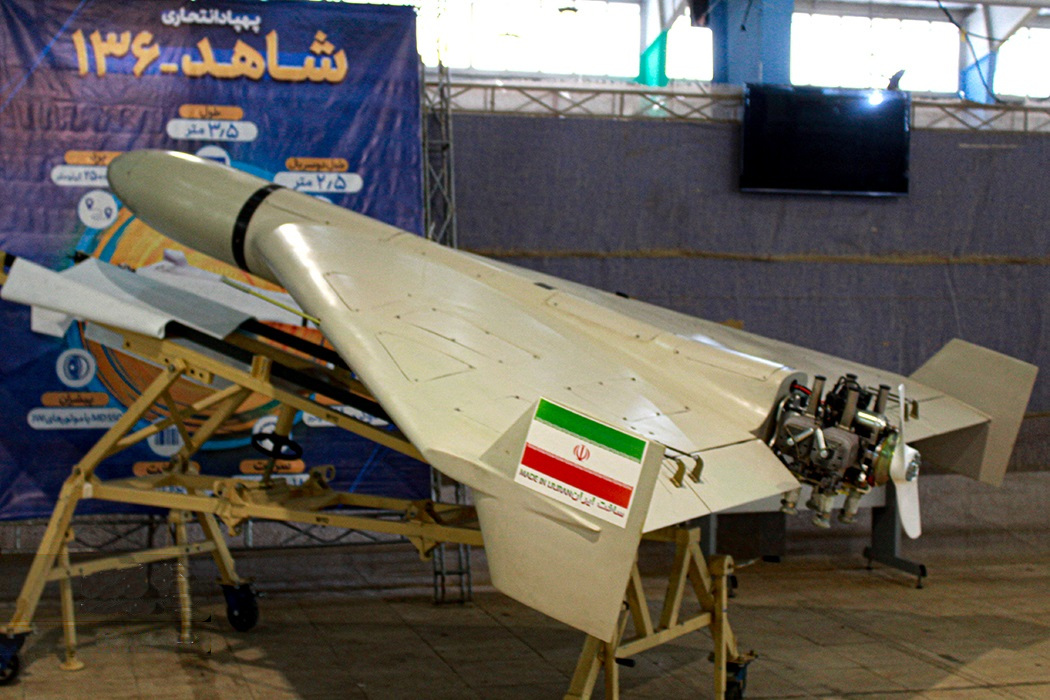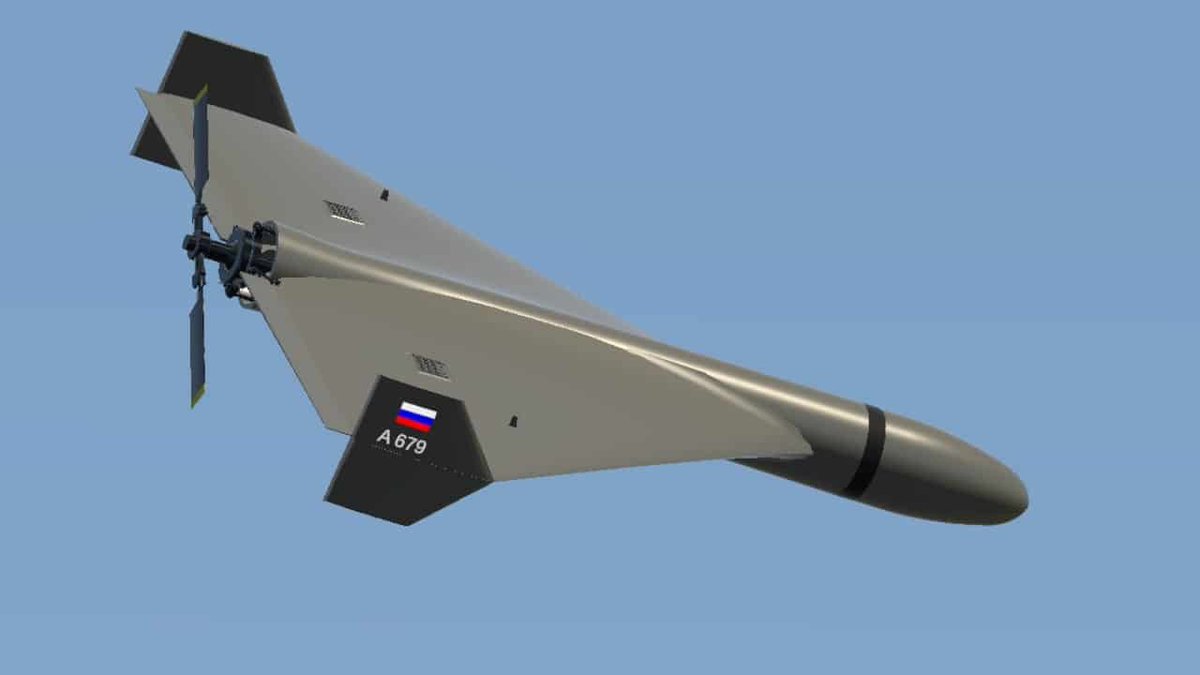1/ If Russia's full-scale invasion of Ukraine had succeeded in 2022, Ukraine's industries would have been seized and taken over by Russian oligarchs. A leaked document shows that oligarch Konstantin Malofeev intended to create a 'DMZ Concern' from Ukraine's largest plants. ⬇️ 

2/ Malofeev is a billionaire who is a close supporter of Vladimir Putin and an aggressive promotor of religious conservatism. He's an overt monarchist who reportedly sees Putin as a new Tsar, and has links with far-right parties and individuals in Europe and the US. 

3/ The EU, US and Canada have sanctioned Malofeev for trying to destabilise Ukraine and finance separatism. He's closely linked to pro-Russian separatists and was the former employer of Igor Girkin. He's been accused of funding radical nationalist movements across Europe.
4/ The DMZ Concern document, a presentation possibly dated 30 May 2022, was published recently by the VChK-OGPU Telegram channel. It sets out a business plan for the "expansion of production assets based on the results of the Special Military Operation".
5/ The first slide shows what appears to be the intended territorial division of a defeated Ukraine, with the whole of Kharkiv, Dnipropetrovsk, Donetsk, Luhansk, Zaporizhzhia, Kherson, Mykolaiv and Odesa oblasts – up to the Moldovan and Romanian borders – under Russian control. 

6/ This would have stripped Ukraine of its entire coastline, all its ports and much of its heavy industry, hydroelectric and mineral resources. It would have become an economically devastated and landlocked rump state, likely under the control of a pro-Russian puppet government.
7/ Slide 2 describes the 'DMZ concern' as a vastly expanded version of the existing Donetsk Metallurgical Plant (DMZ) company, which operates mines and other industrial enterprises in the 'Donetsk People's Republic'. It states a goal of achieving: 

8/ "consolidation of existing financial, economic, technical and market opportunities of enterprises of key industries in the liberated territories of the DPR, LPR and Kherson, Zaporizhzhia regions, which form the [economic] basis of the south-east region of the former Ukraine."
9/ After listing DMZ's existing holdings on slide 4 (#3 is missing), slide 5 of the plan lists "enterprises located in the liberated territories [that] are possible [candidates] for integration" with DMZ. They include some of Europe's largest mining and mineral processing plants. 

10/ These include the Marganets Mining and Processing plant and the Nikopol Ferroalloy plant (both in Dnipropetrovsk oblast), the Zaporizhstal steel plant in Zaporizhzhia oblast and others. Slide 7 discusses a number of additional Ukrainian factories being considered for seizure. 

11/ Slides 5.1 and 5.2 indicate that this was not just a theoretical exercise – the plan was already well advanced. Legal work had been done and management agreements had been signed as part of a three-stage plan to be carried out through 2022–2027. 

12/ Interestingly, slide 5.3 lists among various business and growth goals for the 2023–2027 period an objective of achieving "Entry into the markets of friendly and sub-allied countries of Eurasian Economic Union, Middle East (Iran, Syria), South-East Asia, Turkey and Africa." 

13/ The plan sets out a goal of aligning the DMZ Concern with a "strategic partner" (presumably Russian) and inclusion of its enterprises in "the state programmes of the Russian Federation." It also raises the possible takeover of Odesa port to serve DMZ.
14/ The end result, anticipated on slide 8, is the "reactivation of cooperation and activities of enterprises in the key sectors of the liberated territories of the DPR, LPR and south-eastern Ukraine… 

15/ …in the form of a cumulative increase in annual financial indicators from RUR 70 billion [$990 million] (data for 2021) to RUR 220 billion [$3.1 billion] by 2024." This would achieve the "creation of a major enterprise in the interests of the Russian Federation."
16/ The slide indirectly acknowledges the impact of the DNR's large-scale mobilisation of fighting-age men, most of whom are now likely dead, by describing a goal of the "preservation of 8,616 jobs (excluding those mobilized)". It anticipates having over 16,000 workers by 2024.
17/ The plan doesn't specify where the extra workers would come from, but it's likely that – as has happened in Crimea – large numbers of people would be relocated from Russia to repopulate Ukraine's south-east, replacing the Ukrainians who have fled or been deported from there.
18/ Needless to say, the Ukrainian owners of the seized enterprises would not have received a kopek in compensation. With their collective value of billions of dollars, Malofeev was planning arguably the biggest heist in history – though it's now hopefully been thwarted. /end
• • •
Missing some Tweet in this thread? You can try to
force a refresh


